US sees Iran power as hurdle to dominance in Mideast: Pundit
US officials have claimed that Iran’s recent ballistic missile test was in defiance of UN Resolution 2231. Tehran has responded by saying that its missile program has nothing to do with the UN resolution or the nuclear deal signed with six world powers in 2015.
Richard Becker, with the ANSWER Coalition, has told Press TV that the United States tries to prevent Iran from enhancing its defense power in an attempt to consolidate its dominance in the Middle East region.
“The United States has had the desire to dominate the entire region,” and therefore, it has tried to “weaken or decimate independent countries,” Iran being one of them.
Under any president, the White House would continue to seek greater influence in the Middle East, he said, adding that Iran’s resistance is being viewed as a major hurdle to the American hegemonic agenda.
Becker argued that various US administrations have sought to “weaken Iran” to keep it from defending itself, adding Iran has been surrounded by US military power which makes it seek ways to enhance its defense capacity to confront any potential threats.
UN Resolution 2231 on Iran is non-binding, he said, in reference to US claims that Iran’s ballistic missile test violated the document.
The UN Security Council adopted Resolution 2231 in July 2015 to endorse the nuclear agreement between Iran and the P5+1 group – the United States, Britain, France, Russia, China and Germany – which called upon the Islamic Republic not to undertake any activity related to nuclear-capable ballistic missiles.
The Iranian government says its weapons are for “defensive purposes” and there is no evidence suggesting they have been developed to carry nuclear warheads, whereas the same cannot be said about the United States, he pointed out.
He cautioned that Washington is attempting to create an atmosphere that would pave the ground for undermining Iran’s nuclear deal, and that could lead to a war.
The International Atomic Energy Agency has confirmed Iran’s compliance with its obligations under the deal and there is no evidence to support allegations of Iran violating the terms of the agreement as alleged by the US and Israel.
Becker explained that the Tel Aviv regime has the general policy of weakening all countries adjacent to the occupied territories, and that Iran is the only state which has stood against Israeli expansionism in the region, for which reason Israel is seeking to undermine its nuclear agreement.
The Tel Aviv regime has demanded that the UN take action after the US claimed that Iran had launched a medium-range ballistic missile.
The analyst said he would be very surprised if the UN Security Council responds to Israel’s request by imposing new sanctions, but predicted that Washington would impose fresh sanctions against Iran because American authorities are under the influence of the Zionist lobby and the Israeli regime.
Meanwhile, Peter Sinnott, an independent scholar from New York, said “Trump’s presidency is the presidency that is going to be willing to go alone on a lot of policy issues and this is both the danger and the opportunity for Iran.”
The Trump administration has adopted a hostile policy towards Tehran, he said, but ruled out the possibility of a US attack on Iran and said that “the clouds of war are gathering over ISIL (Daesh).”
He further said that people around Trump “do view Iran as a threat” and “if Iran were to make some direct contact, it might be better.”
The Trump administration has begun its work with a couple of anti-Iran policies including imposing a travel ban against Iranian nationals and calling for new sanctions over the country’s latest ballistic missile test.
VIDEO | Displaced families in al-Dabba camp struggle amid severe shortages
VIDEO | Gaza rejects Israeli claims of rising births amid collapse of healthcare system
VIDEO | Gaza’s markets reopen amid ongoing challenges
VIDEO | Gazans slam US military threats against Iran
UNRWA: Israel carrying out 'silent war' in occupied West Bank
VIDEO | Fighting British state
Hamas hails reopening of Rafah crossing as big gain
Bedouin village in West Bank fully emptied due to Israeli settler violence


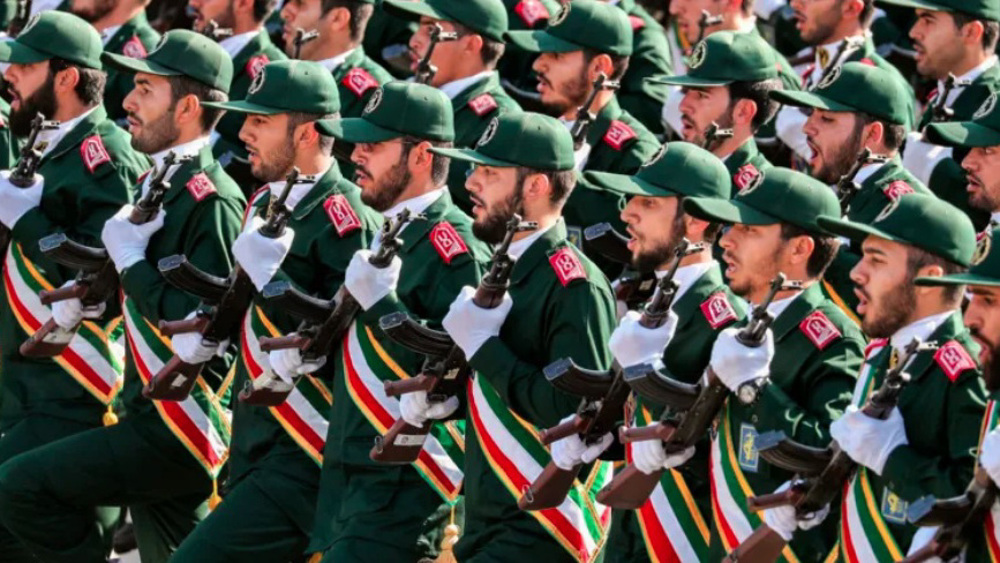





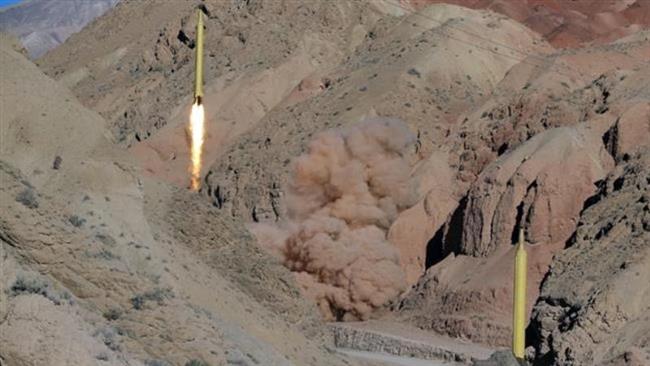
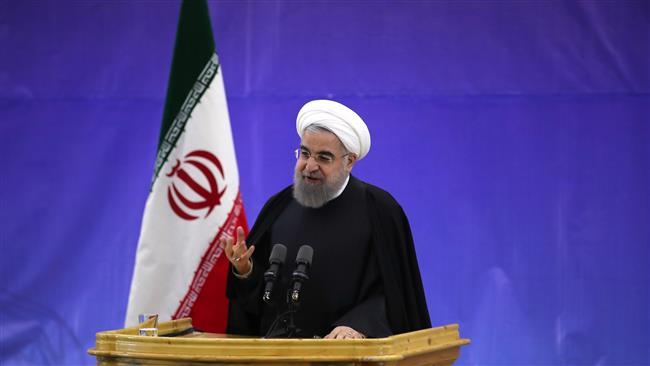
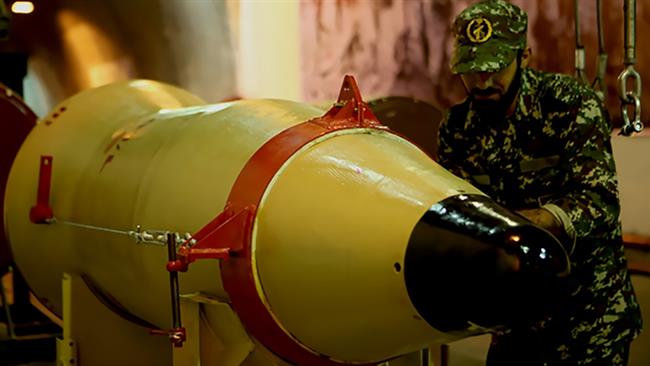
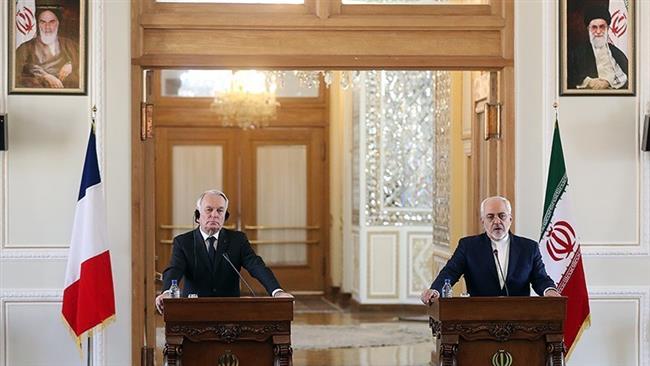

 This makes it easy to access the Press TV website
This makes it easy to access the Press TV website